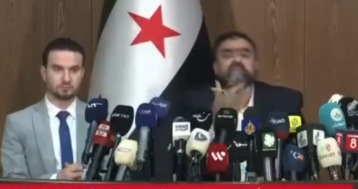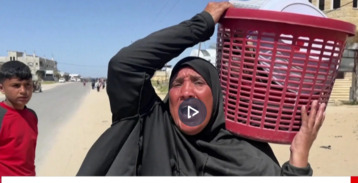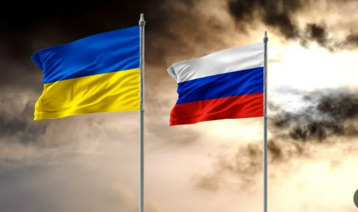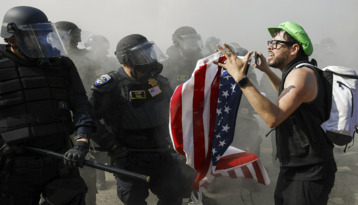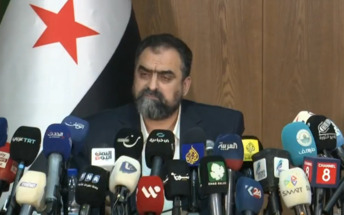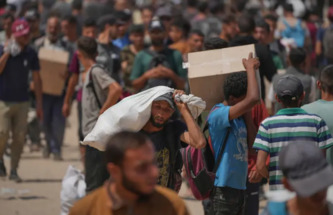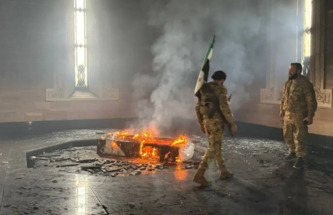-
Mosaic Conservation Course in Lebanon Concludes
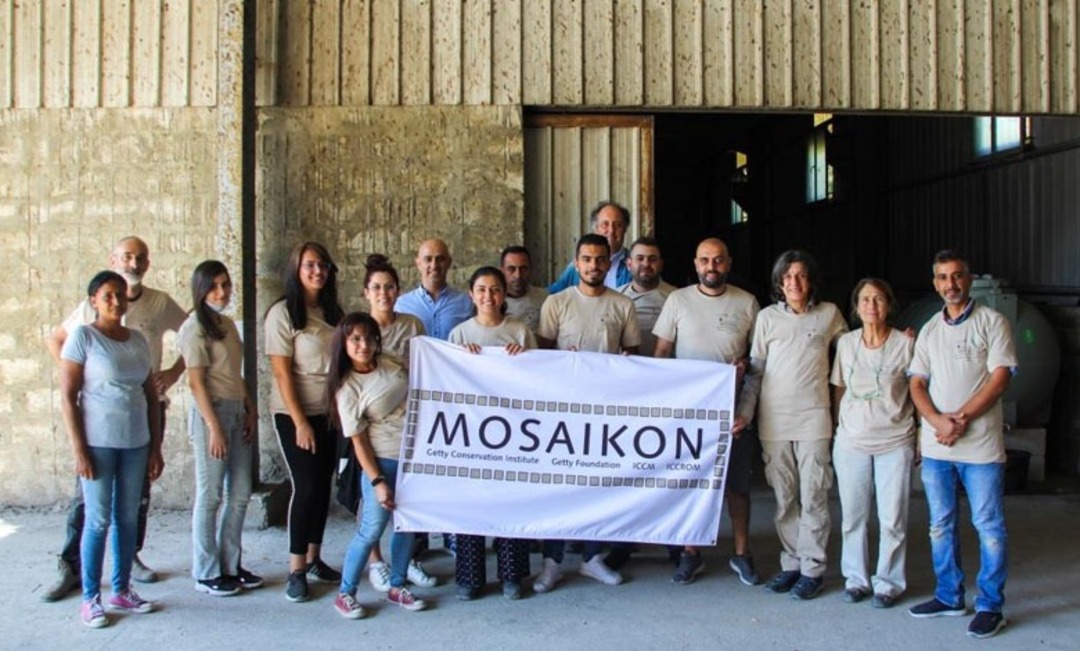
Beirut/ LOS ANGELES / Sharjah (UAE) 5 November 2022 — The Directorate General of Antiquities of Lebanon (DGA), Getty Conservation Institute (GCI), and International Centre for the Study of the Preservation and Restoration of Cultural Property (ICCROM) through its Sharjah Regional Office have announced the conclusion of a four-week course in Sidon, Lebanon. The “MOSAIKON Training Worksite for the Conservation of Mosaics in Storage” took place from October 10 to November 4, 2022.
A closing ceremony on November 4, 2022, celebrated the completion of the training, one of the final courses of MOSAIKON, a 14-year initiative in collaboration with the GCI, the Getty Foundation, ICCROM, and the International Committee for the Conservation of Mosaics (ICCM). Since 2008, MOSAIKON has trained over 200 individuals in mosaic conservation from countries of the southern and eastern Mediterranean region.
At the beginning of the closing ceremony, the working group discussed the results of the questionnaire in which the trainees were evaluated and the extent to which they acquired practical skills and theoretical principles for preserving mosaics in storage. Dr Aicha ben Abed, a coordinator of MOSAIKON, gave a lecture on the history of mosaics in the Mediterranean basin, explaining its importance, types, and forms. At the conclusion of the ceremony Architect Sarkis El Khoury, Director General of Antiquities in Lebanon, and Dr Zaki Aslan, Regional Representative of ICCROM for the Arab States and Director of the ICCROM-Sharjah Office in the UAE, visited the training site, viewed the mosaic fragments that were stabilized and rebacked and the storage structure that was maintained. Then, Architect El Khoury and Dr Aslan, in the presence of Livia Alberti and Cristina Caldi from the GCI, distributed participation certificates to the trainees, praised their efforts, and stressed the importance of following up on the mosaic restoration work and building national capacities in the conservation of mosaics.
“It was a great pleasure for the Ministry of Culture - Directorate General of Antiquities to organize this training with its partners, especially after the tremendous challenges encountered during the last couple of years,” said Architect El Khoury. “The fragile conservation state of the mosaics in Sidon storage led us to develop simple, inexpensive, and sustainable treatment methodologies for their long-term storage in accordance with Lebanon’s needs.”
“For over a decade, ICCROM has had the privilege of working with committed partners and outstanding participants of the MOSAIKON initiative," said Webber Ndoro, ICCROM's Director-General. "We are pleased to see this continue as we cultivate future leaders in efforts to conserve mosaic heritage.”
Threats to mosaic conservation include new construction, looting, and a lack of trained professionals for managing ongoing maintenance needs. The course convened eight DGA employees and two government employees from Jordan to enhance the capacity of authorities in these countries to conserve their mosaic heritage.
Trainees learned through practical experience a different methodology for documenting and conserving lifted mosaics using lime mortars to stabilize and re-back them, along with preventive measures to store them long-term.
“It was an honor to hold this course in Lebanon, one of the first countries where we originally began the MOSAIKON initiative,” said Thomas Roby, senior project specialist at GCI. “We are confident course participants will utilize the knowledge and hands-on experience gained during the training worksite to continue protecting vulnerable archaeological heritage in the region for years to come as well as mentor future mosaic conservation professionals to continue this important work.”
Trainees applying temporary clay backing to allow a mosaic to be safely turned over and its facing removed
Practical exercises were conducted with participants using examples from a large collection of lifted mosaics from downtown Beirut that have been stored in Sidon without any backing since 1998. After assessing their poor conditions, the urgent work to provide mortar backings and remove the deteriorated facings used to lift them decades earlier was carried out on one mosaic fragment. The supervised operations by the trainees ended with the fragment being moved to a prototype metal storage shelving unit for its long-term survival. With the skills and knowledge gained from this experience, the multi-year task of conserving the entire collection of mosaics of Ancient Beirut can finally begin in the purpose-built storage facility after 25 years.
“We are honored to have been ICCROM’s focal point for the MOSAIKON initiative since its inception with committed partners in 2008, it’s fulfilling to culminate a decade of work with Mediterranean countries addressing an often-neglected hidden areas of storage with significant mosaics, such as the ones uncovered in Central Beirut in 1990s,” said Dr Zaki Aslan. “These and similar art pieces remain testimonies for future generations, people, and researchers to learn from and enjoy, and deserve continued efforts to preserve by adopting methodological approaches that future leaders who took part in MOSAIKON courses will undoubtedly further disseminate.”
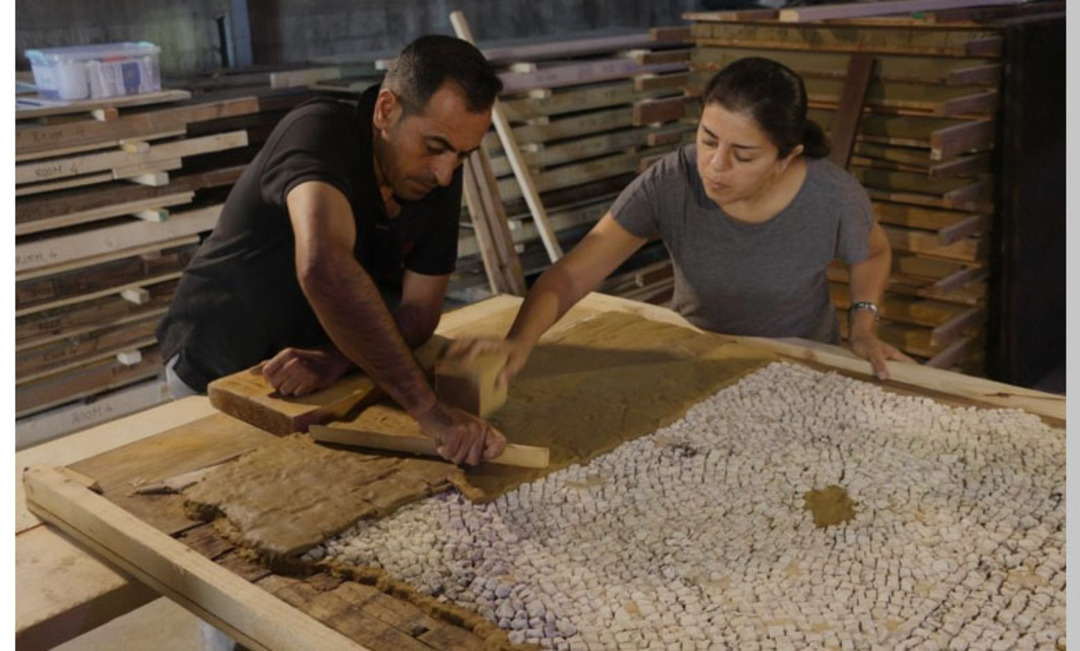
While the completion of the Sidon course is among the final MOSAIKON activities, partners in the initiative will continue commitments to its long-term goal of preserving ancient mosaics throughout the Mediterranean basin.
Another final MOSAIKON course for lifted mosaics will take place in Byblos, Lebanon in late November by the Lebanon Ministry of Culture - Directorate General of Antiquities (DGA).
Getty is a leading global arts organization committed to the exhibition, conservation, and understanding of the world’s artistic and cultural heritage. Working collaboratively with partners around the globe, the Getty Foundation, Getty Conservation Institute, Getty Museum and Getty Research Institute are all dedicated to the greater understanding of the relationships between the world’s many cultures. The Los Angeles-based J. Paul Getty Trust and Getty programs share art, knowledge, and resources online at Getty.edu and welcome the public for free at the Getty Center and the Getty Villa.
The Getty Conservation Institute (GCI) works internationally to advance conservation practice in the visual arts—broadly interpreted to include objects, collections, architecture, and sites. The Institute serves the conservation community through scientific research, education and training, field projects, and the dissemination of information. In all its endeavors, the GCI creates and delivers knowledge that contributes to the conservation of the world’s cultural heritage.
The Getty Foundation fulfills the philanthropic mission of the Getty Trust by supporting individuals and institutions committed to advancing the greater understanding and preservation of the visual arts in Los Angeles and throughout the world. Through strategic grant initiatives, the Foundation strengthens art history as a global discipline, promotes the interdisciplinary practice of conservation, increases access to museum and archival collections, and develops current and future leaders in the visual arts. It carries out its work in collaboration with the other Getty Programs to ensure that they individually and collectively achieve maximum effect. Additional information is available at www.getty.edu/foundation.
ICCROM (International Centre for the Study of the Preservation and Restoration of Cultural Property) is an intergovernmental organization, headquartered in Rome, working in service to its Member States to promote the conservation of all forms of cultural heritage in every region of the world. For more than six decades, ICCROM has partnered with Member States to support them in safeguarding heritage within their borders and beyond. ICCROM-Sharjah is a regional conservation centre founded by ICCROM and the Government of the Emirate of Sharjah, the United Arab Emirates, where it has been based since its inception in 2012. ICCROM-Sharjah is a continuation of ICCROM’s ATHAR programme, launched in 2004, which dedicates its activities to the protection of cultural heritage in the Arab region and to broadening access, appreciation and understanding of its rich history.
The Directorate General of Antiquities (DGA) of Lebanon is a governmental department, under the country’s Ministry of Culture since 1993. The DGA encourages and supports cultural organizations and the creative arts in all their forms. It facilitates public access to cultural agencies including the creation of museums with the aim of safeguarding the national memory and disseminating the country’s heritage and culture to the public.
You May Also Like
Popular Posts
Caricature
BENEFIT Sponsors BuildHer...
- April 23, 2025
BENEFIT, the Kingdom’s innovator and leading company in Fintech and electronic financial transactions service, has sponsored the BuildHer CityHack 2025 Hackathon, a two-day event spearheaded by the College of Engineering and Technology at the Royal University for Women (RUW).
Aimed at secondary school students, the event brought together a distinguished group of academic professionals and technology experts to mentor and inspire young participants.
More than 100 high school students from across the Kingdom of Bahrain took part in the hackathon, which featured an intensive programme of training workshops and hands-on sessions. These activities were tailored to enhance participants’ critical thinking, collaborative problem-solving, and team-building capabilities, while also encouraging the development of practical and sustainable solutions to contemporary challenges using modern technological tools.
BENEFIT’s Chief Executive Mr. Abdulwahed AlJanahi, commented: “Our support for this educational hackathon reflects our long-term strategic vision to nurture the talents of emerging national youth and empower the next generation of accomplished female leaders in technology. By fostering creativity and innovation, we aim to contribute meaningfully to Bahrain’s comprehensive development goals and align with the aspirations outlined in the Kingdom’s Vision 2030—an ambition in which BENEFIT plays a central role.”
Professor Riyadh Yousif Hamzah, President of the Royal University for Women, commented: “This initiative reflects our commitment to advancing women in STEM fields. We're cultivating a generation of creative, solution-driven female leaders who will drive national development. Our partnership with BENEFIT exemplifies the powerful synergy between academia and private sector in supporting educational innovation.”
Hanan Abdulla Hasan, Senior Manager, PR & Communication at BENEFIT, said: “We are honoured to collaborate with RUW in supporting this remarkable technology-focused event. It highlights our commitment to social responsibility, and our ongoing efforts to enhance the digital and innovation capabilities of young Bahraini women and foster their ability to harness technological tools in the service of a smarter, more sustainable future.”
For his part, Dr. Humam ElAgha, Acting Dean of the College of Engineering and Technology at the University, said: “BuildHer CityHack 2025 embodies our hands-on approach to education. By tackling real-world problems through creative thinking and sustainable solutions, we're preparing women to thrive in the knowledge economy – a cornerstone of the University's vision.”
opinion
Report
ads
Newsletter
Subscribe to our mailing list to get the new updates!

